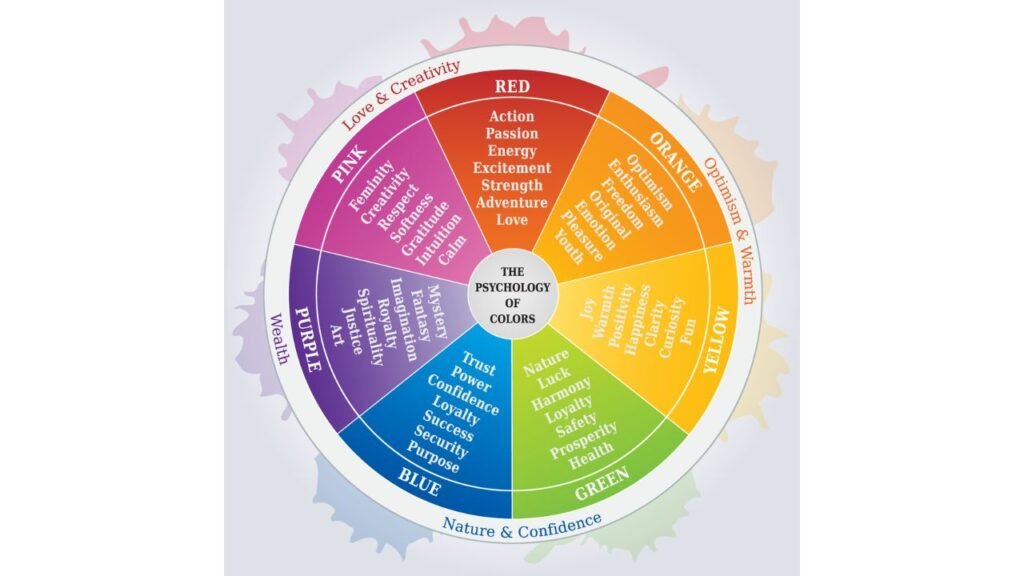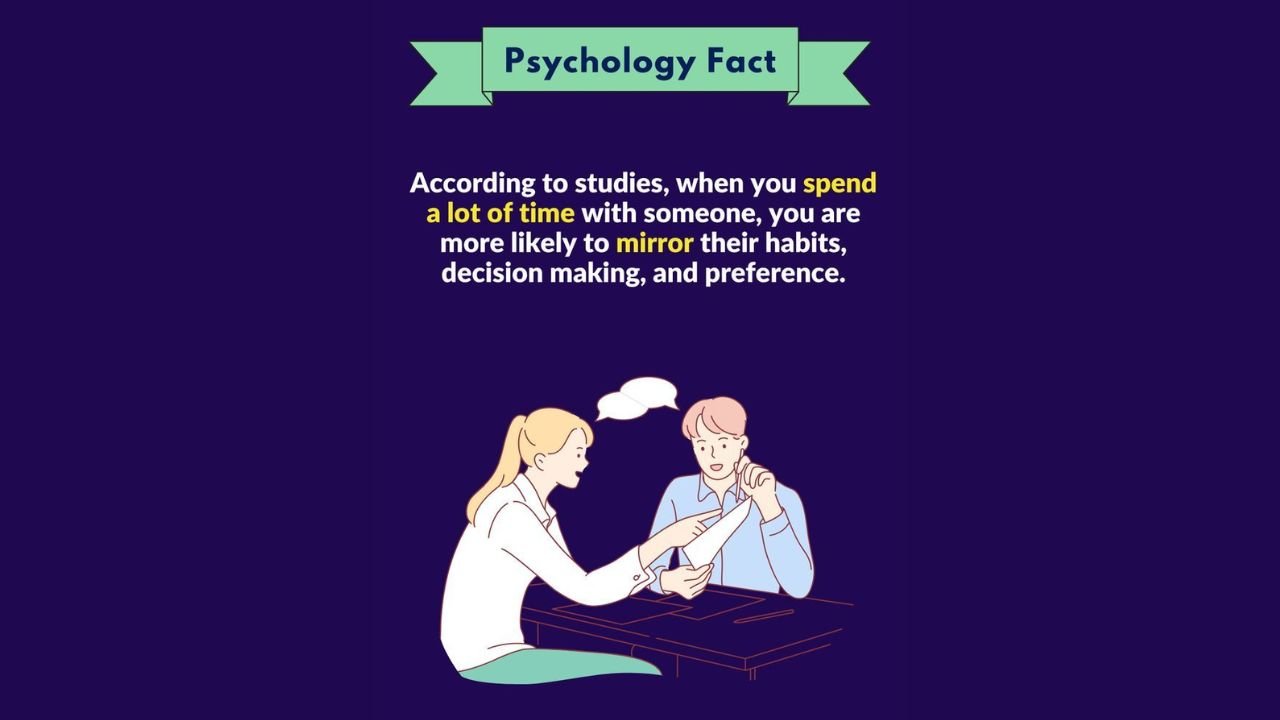Human actions are rarely random. Every choice we make often ties back to deep patterns in the mind. From silent gestures to emotional reactions, behavior reflects internal wiring shaped by science. This guide explores psychology facts about human behavior in ways anyone can understand. These insights will help you better connect with yourself and others in daily life.
We’ll now explore what human behavior means in psychology, why it’s important, and twelve powerful facts that reveal how your brain and body react, decide, and behave. Each fact reflects real human patterns that make us who we are.
What does Human Behavior mean in Psychology?
Human behavior in psychology refers to all actions, thoughts, and emotions people show in response to their surroundings. It includes everything from blinking to speaking. Some behaviors are automatic, while others are intentional.
Behavior includes both physical and mental responses. Behavior studies are concerned with the way people learn and adjust to many social and personal circumstances. It includes the formation of habits, the effect of emotion on actions, and why we behave differently within the group and individually.
Why It’s Useful to Understand Behavior?
Understanding behavior enables people to establish better relationships, make smarter decisions, and become more self-aware. It improves teamwork and leadership in the business environment. It improves social interaction and compassion in the day-to-day life.
Knowing the psychology facts about human behavior gives insights into how decisions happen and why we respond the way we do. With this knowledge, individuals can improve emotional control, boost empathy, and reduce stress during conflict or change.
Psychology Insights That Reveal Everyday Behavior

This section explores key psychological facts that explain what truly shapes behavior. Each one uncovers hidden patterns in how we think, act, and feel daily.
1. Emotions Are Remembered More Than Facts
Humans have the ability to forget but not to forget how something made them feel. The emotional part of a moment sticks more than the actual event. That is why the good word in a bad day remains with us a long time after. The emotion becomes a part of our history, although the rest is forgotten. That is why decisions are sometimes dominated by emotions rather than rationality.
2. First Impressions Form Quickly
In less than 7 seconds, we form an opinion about someone new. This impression often lasts, even when it’s wrong. If someone appears confident or friendly, we assume they’re smart or kind too. It’s called the halo effect. Our brain connects a single trait to others, which can lead to unfair judgments in everyday life.
3. Watching Others Teaches Us
Our brain has mirror neurons that help us copy others without thinking. We tend to smile back when somebody is smiling. When a friend is sad, we may become sad. This brings us to know and connect to people. It is a natural means to develop sympathy and social affection even in relation to strangers.
4. Multitasking Reduces Quality
Doing many things at once may feel smart, but it lowers focus. The brain can’t truly handle two tasks well at the same time. Instead, it switches quickly between them, which reduces memory and leads to more mistakes. You may feel productive but actually lose time and energy overall.
5. Decisions Are Often Subconscious
Most of our choices happen without deep thinking. Around 90% of decisions are made by habit or feeling, not logic. We often pick what feels safe or familiar, even if it’s not the best. The automatic process saves time and can also negatively result in going over the same issue or missing an opportunity.
6. Body Language Speaks Loudest
More than half of what we say doesn’t come from words. It comes from posture, gestures, and tone. The brain picks up these cues faster than speech. For example, crossed arms may seem closed off, while a smile invites connection. Paying attention to body language can improve trust and communication.
7. People Copy the Group
We often act like the people around us. This behavior is called social conformity. We have a tendency that we are going to go along with the group norm, even though our thoughts are different. It allows us to feel secure or integrated. From wearing trendy clothes to clapping when others do, many actions are influenced by others, not just by choice.
8. Rejection Feels Like Real Pain
When someone rejects us, our brain reacts like we’ve been hurt physically. This is the reason why it hurts when you are ignored or left out. The social pain is perceived as a threat by the brain and it stimulates injury-related regions. This shows how important human connection is to our survival and well-being.
9. Eye Contact Builds Trust
Looking someone in the eye during conversation makes us seem honest and confident. It signals attention and care. Eye contact can be either too intense or insufficient when it feels dishonest. The balance creates some sense of trust, and one can feel free to communicate in a natural and respectful manner.
10. Environment Influences Habits
Where we are affects how we act. Clean rooms can boost focus. Noisy places may cause anxiety. Bright lighting affects mood. These things shape habits without us knowing. Even the color of a room can change how long we stay or what we buy. The mind reacts to surroundings quickly.







